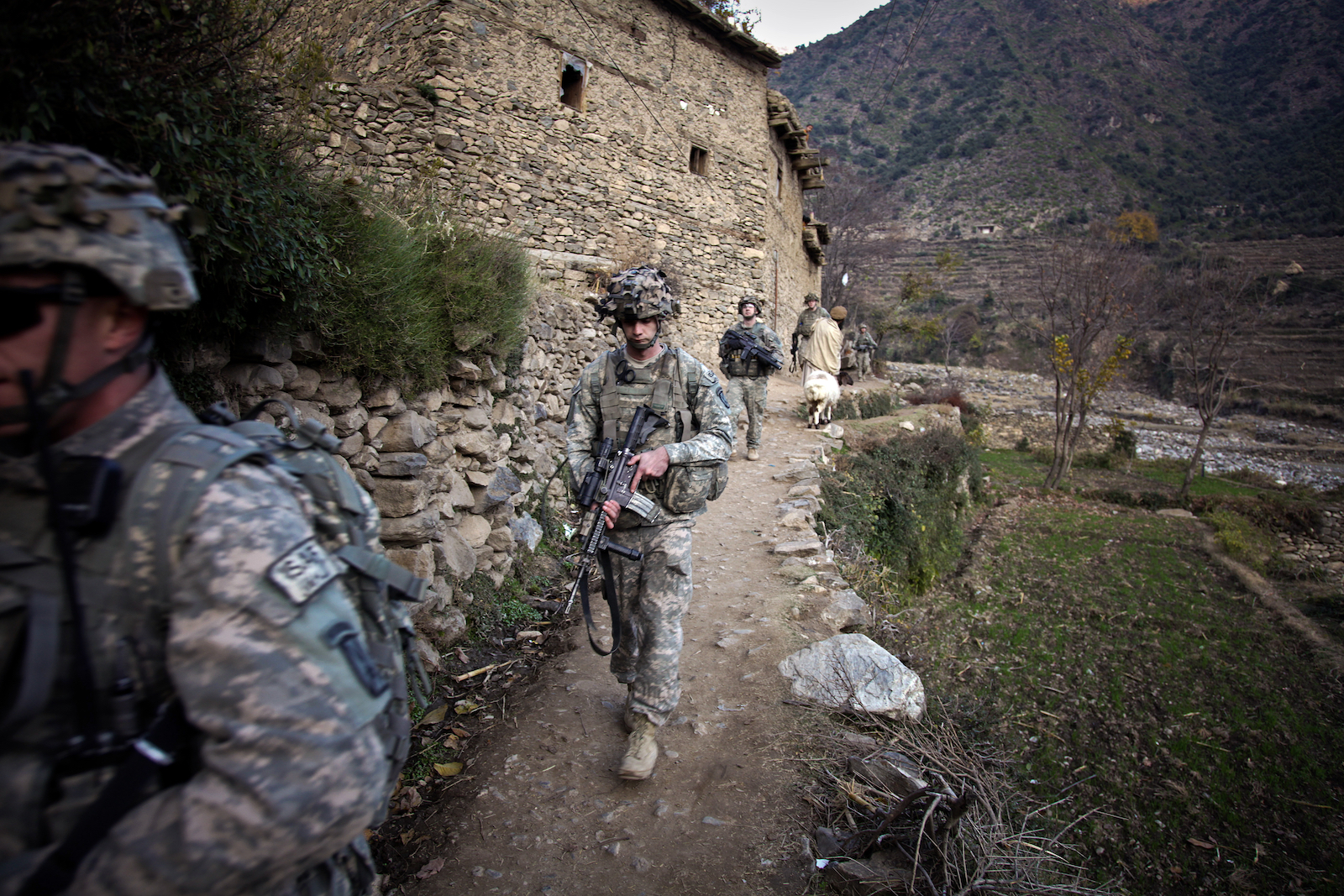
The Fallacy of Choosing Favorites in Afghanistan
“The United States must do everything possible to ensure a reformer wins that election.” – Michael O’Hanlon
Michael O’Hanlon of the Brookings Institution has written a piece in The Washington Post that argues that whoever replaces Karzai in 2014 will prove to be as important in holding the country together as whether a return of the Taliban and Al Qaeda can be prevented. O’Hanlon takes the position that the United States should in essence help facilitate selection of the next Afghan president once Karzai’s second term ends, and do whatever it can to encourage the election of a reformer.
He places a lot of faith in the supposition that Karzai won’t find a way to extend his term under some emergency law or have Afghan lawmakers loyal to him make it possible for him to run for a third term. He also assumes that a viable, desirable alternative to Karzai will prove to be acceptable to a Loya Jirga.
Accepting that Karzai will abide by Afghanistan’s constitution and allow the political process to unfold, O’Hanlon mentions three possible reformists who could succeed him. Among them are Hanif Atmar, a former education and interior minister, economist Ashraf Ghani, and Abdullah Abdullah who challenged Karzai in 2009. Abdullah withdrew from the race before a runoff vote was to occur.
Both Karzai and Abdullah claimed to have won the first round of voting and that widespread voter fraud made a runoff vote necessary. When Abdullah withdrew, he accused the Karzai government of widespread corruption and electoral fraud. Since 2009, the United States has been slow to pressure Kabul to seriously address the allegations of electoral fraud, or indeed, the wider question of the endemic corruption throughout the Afghan government.
Given that the U.S. has so significantly supported Karzai and his government since he was first elected in 2004, one could certainly argue not only that the United States approves of Karzai’s version of reform, but also the corruption and nepotism that has accompanied it, and has only gotten worse. In that regard, we must question in the first instance what ‘reform, Afghan-style’ really means, and secondly, whether a ‘reformer a la Karzai’ would be any more effective in creating a government more consistent with American values. If recent history is any guide, it is presumed that just prior to his departure, Karzai’s allies would quickly leave Afghanistan with their suitcases packed, presumably stuffed with American and international donor cash. Donors would then presumably dutifully line up to support his successor. And so it goes.
While policymakers, military strategists and foreign policy experts appear to care about achieving a favorable outcome after 2014, Americans are through with Afghanistan. Polling indicates that even if the Afghan National Army is still unable to stand on its own, more Americans want the United States out than want the U.S. military to stay, and rightly so. In trying to identify tangible, sustainable achievements since 2001, the list is short.
Afghanistan will hopefully not devolve into further chaos once American and NATO forces leave in 2014, but if this past weekend’s violence is any indication, it is not at all clear whether Afghanistan can be saved. What seems clear is that unless the United States keeps a limited presence in the country to continue a counterinsurgency strategy and help prop up the Afghan military, there is little that can be done to prevent what will in all likelihood be a civil war.
Perhaps, instead of presuming that a corrupt reformer would be what is best for Afghanistan following Karzai’s departure, the U.S. government would be better off considering whether a truly benevolent dictator would be a better prescription for success. In a place like Afghanistan, not only would such a man stand a better chance of controlling the place effectively, but he would be more appropriate to preside over a kleptocracy.

